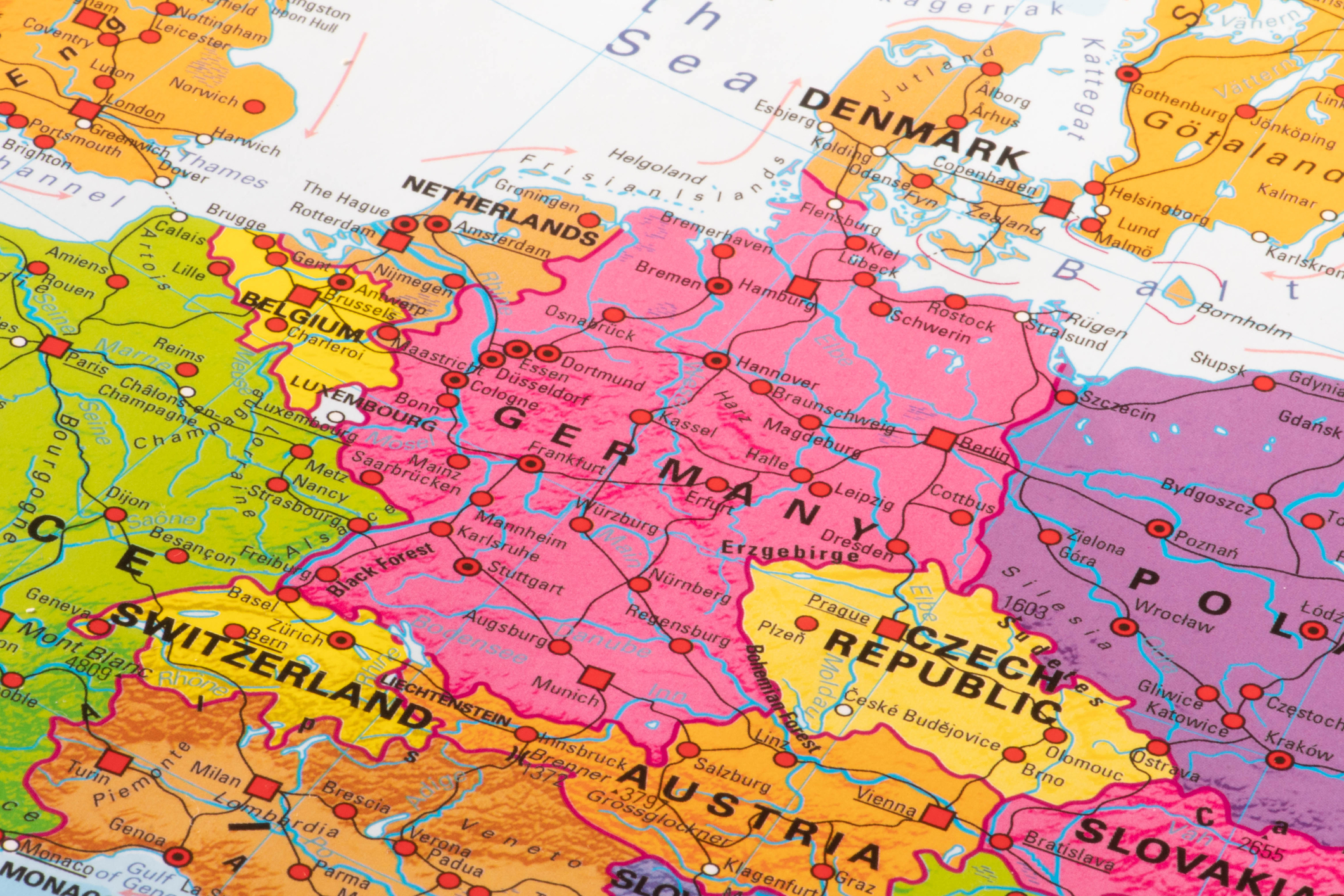Germany, Leadership and the Shift in Europe’s Epicenter
Germany is an obvious candidate for the leader of Europe. It is a country with the largest population in the Old Continent and with the most powerful economy.
Moreover, Berlin itself – by using various instruments of the European Union – does not even hide the fact that it wants to be the main player in Europe.
Of course, the German leadership in Europe does not please Central and Eastern Europe, including Poland. After all, this region, like no other, has become a victim of a German attempt to dominate Europe. Although wounds have been healed over time, scars are still visible. Current German policy also does not help. Rather the opposite.
But even in reluctant and suspicious Central and Eastern Europe there is an awareness of German strength. This is an objective fact that cannot be ignored.
Nevertheless, to be a leader is not only a privilege – it also requires to bear certain level of responsibility. Whoever leads a group must also consider its interests.
Germany, however, only cares about its own interests at the expense of Europe.
For years Germany has been forging strategic ties with Russia, particularly regarding energy. At the same time Berlin rejected any possibility to invite Georgia, Moldova and Ukraine to NATO or the European Union. Now Germany has been very reluctant significantly to assist Ukrainian war effort.
One would think that Berlin’s Ostpolitik (Eastern Policy), including its approach towards Ukraine and Germany, is driven by naivety, but this is a false impression.
Polish journalist Zbigniew Parafianowicz (“Gazeta Prawna” daily) rightly noted that “to understand Olaf Scholz’s compromising policy, we have to understand it is not stupid but it is rather coherent with Germany’s interests”.
This applies not only to the current policy of Olaf Scholz, but also to the cabinet of Angela Merkel, not to mention her predecessor – Gerhard Schröder – who was labelled by The New York Times (2022) as “Putin’s Man in Germany”.
Tightening energy cooperation with Russia can be rightly considered as a madness in the long run –after all, this is how the Kremlin has been successively increasing Europe’s dependence on Russia.
It did gave Germany an access to relatively cheap energy (not green at all, despite narrative in various media!), while many German companies got an opportunity to make a multi-billion profit.
Moreover, in this vision, in the event of any crisis, Germany – being the European energy hub and a connector between Europe and Russia – would be a natural mediator.
Such a vision was undoubtedly potentially beneficial to Germany, even if it was based on selfishness, short-sightedness, greed, and a naive belief that Russia thinks like us (and thus through the prism of economic benefits) and that Russia can be controlled.
The Russian war in Ukraine shows that it cannot be, and that any agreements with the Kremlin are of little value.
And how about NATO?
It is worth remembering that Germany has blocked bids from Georgia and Ukraine. They both wanted to join NATO. Of course, such policy has served Russian geostrategic interests very well. Parafianowicz has noted that during the 2008 NATO Summit in Bucharest Radosław Sikorski – then Polish Minister of Foreign Affairs and now a vicious opponent of the government – had a feeling that “Germany must have a deal with Russia”. In exchange for blocking both Georgia and Ukraine German companies were allowed to “do business in Russia worth hundreds of billions of euros”.
Parafianowicz added: “In August of the same year, Putin invaded Georgia, and of course the Membership Action Plan issue was put on hold for years. Considering this surprising turn of events, it is impossible not to agree with Sikorski’s thesis about the “deal with Russia”. In Bucharest Merkel gave Putin time. It allowed him to read the intentions of the West and prepare for war. Today, Olaf Scholz, who represents the left, does exactly the same. Dot by dot he follows Merkel’s footsteps.”
Germany still blocks any integration initiatives with Moldova and Ukraine.
Berlin does not want them to be a part of a Transatlantic family, because it would “move a center of power to the east. A stable and prosperous Moldova would increase Romania’s importance”.
If Ukraine won in any significant manner against Russia in the current war, aspirations of membership in the European Union and NATO would reappear at some point. It would certainly bring Ukraine closer to Poland and probably other countries in the region.
Such a vision is unfavorable for Germany, as Berlin would lose its dominant position.
In other words, one of factors shaping Germany’s reluctance to support Ukraine against Russia is Berlin’s desire to keep a status quo and a dominant position in Europe.
Any changes in European security architecture, particularly any boost of power of Central and Eastern Europe, is considered by Germany as a threat.
“Ideally, Ukraine should be a semi-failed state with a frozen conflict,” notes Zbigniew Parafianowicz.
“In such a case, no one would seriously ask questions about its integration with the EU and NATO. And Moldova? Let it be stuck in a role of an eternal customer. Germany is rich.
“They are a center of Europe. And troublesome peripheries will always be oriented towards a center and not towards the outskirts of a center, such as Poland.”
Featured Graphic: Photo 179435048 / Germany Map © Michele Ursi | Dreamstime.com

